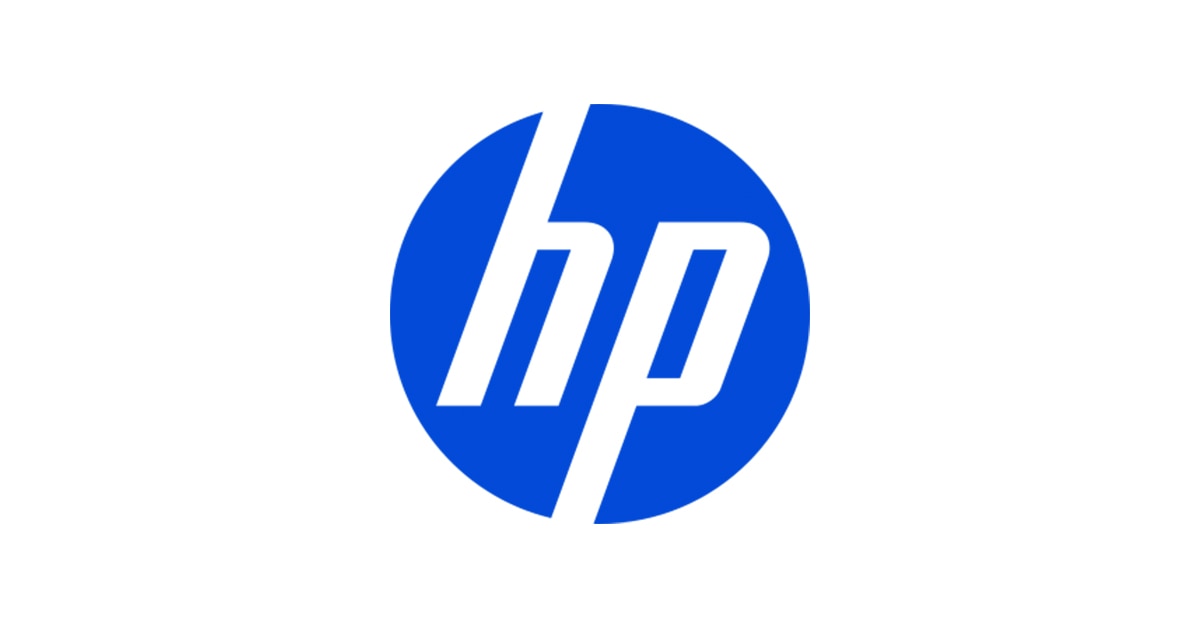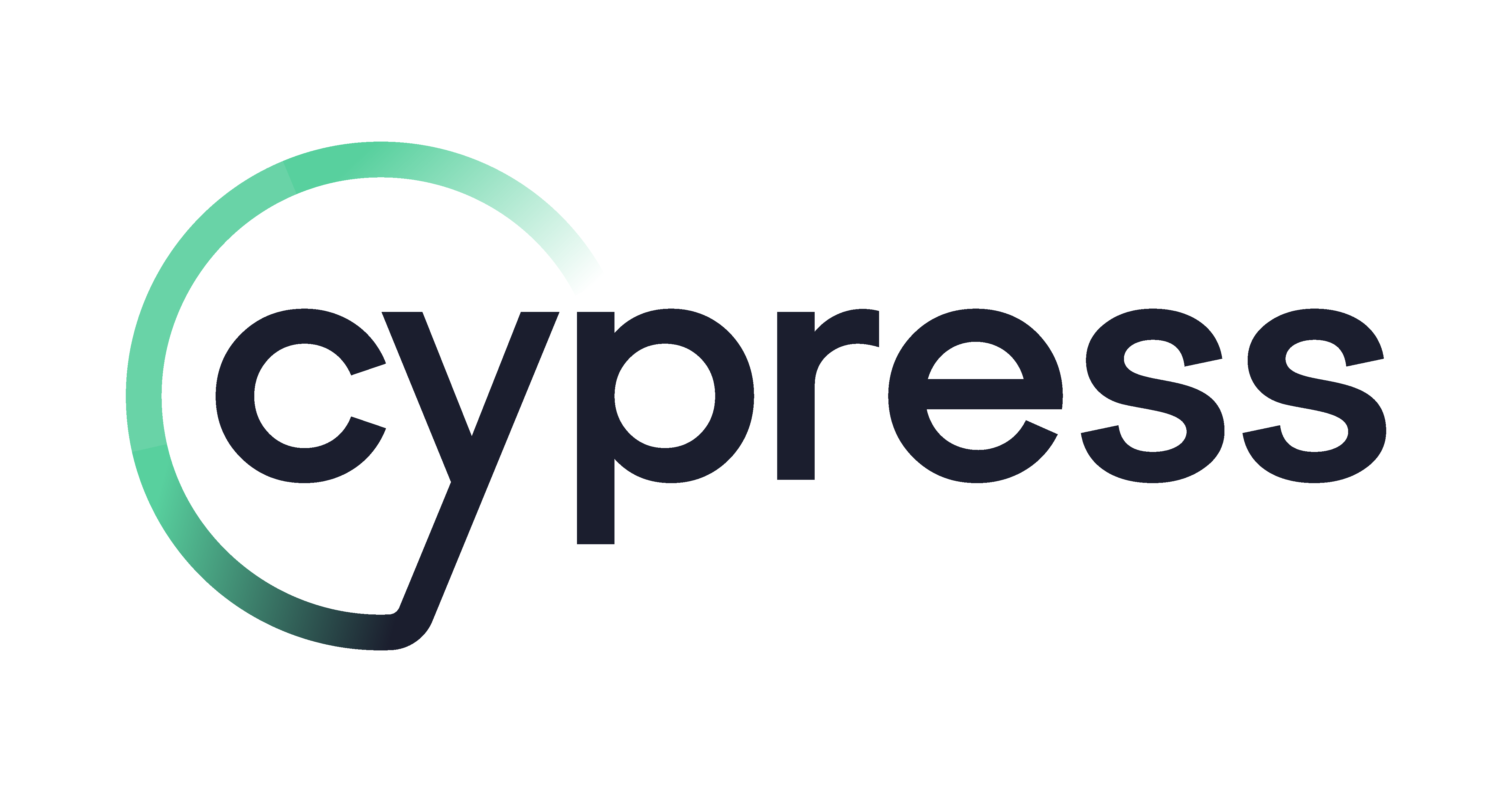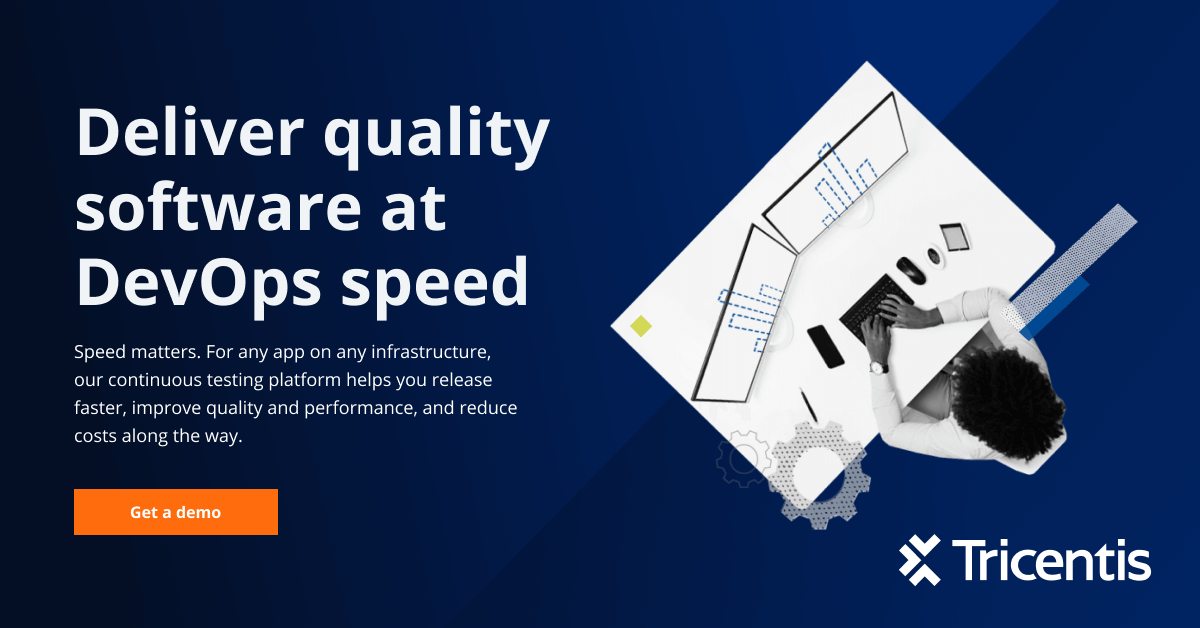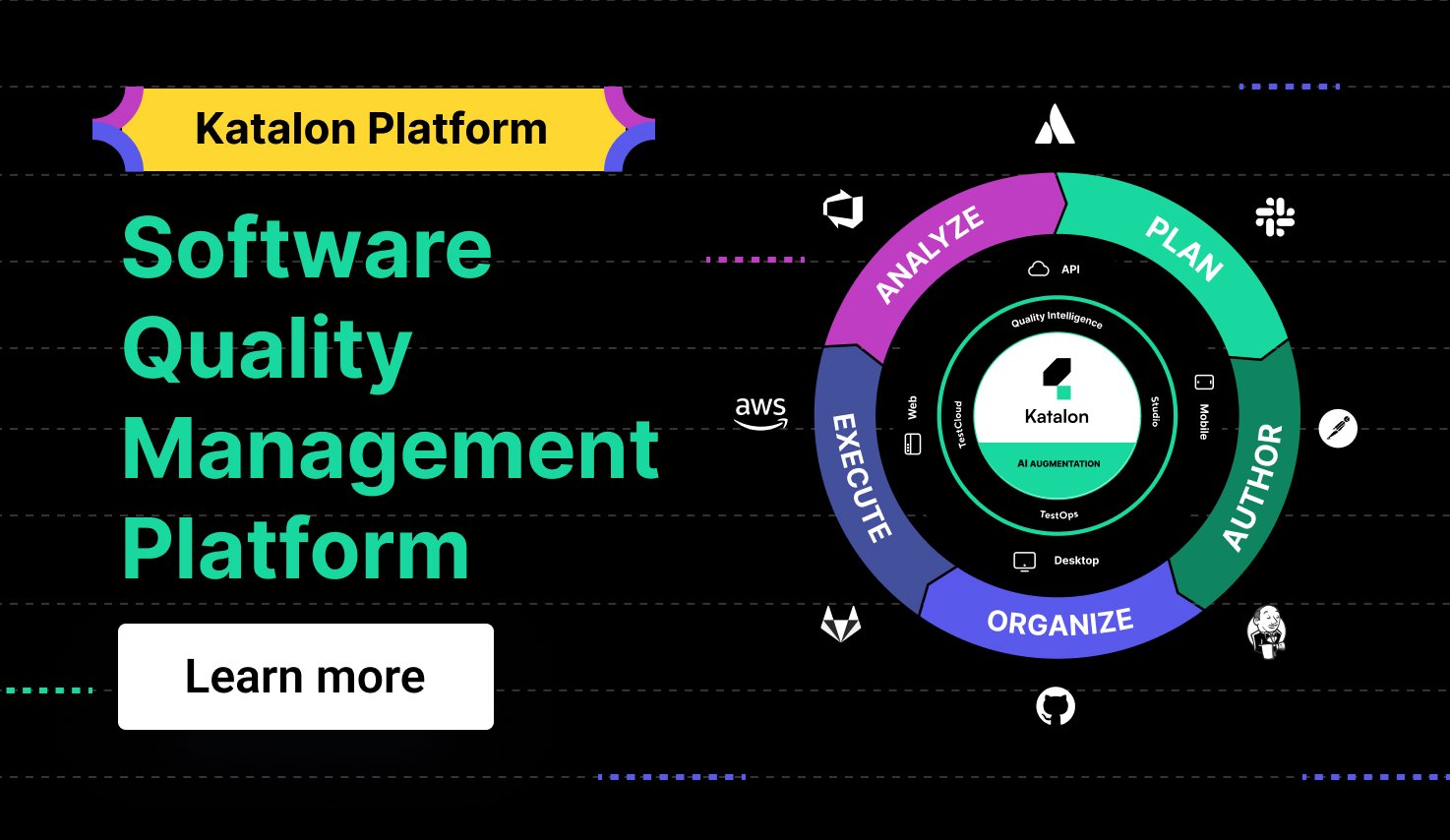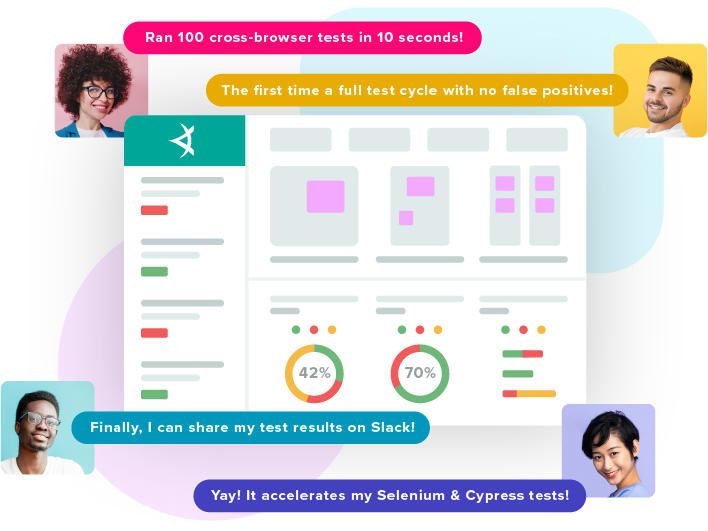Introduction
With the rapid pace of software development, testing has become a critical part of the development process to ensure quality and catch bugs early. However, with so many options available, it can be difficult for teams to choose the right software testing tool. In this blog, we evaluate and compare 15 top testing tools based on key criteria to help you make an informed decision.
Methods of Evaluation
To evaluate and rank the top 15 tools, we considered various factors like features, pricing, popularity and reviews. Some key evaluation metrics included – features offered, platforms and app types supported, supported programming languages, pricing plans, number of clientele, customer reviews on platforms like Gartner and TrustRadius. We also evaluated tools based on their search volume on Google trends to understand keyword trends and popularity over the last 5 years. Backlinks and traffic to company websites were also used as a metric to understand recognition and adoption in the industry.
1. IBM Rational Functional Tester
IBM Rational Functional Tester is a functional testing tool from IBM that helps test the functionality of desktop, web and mobile applications. It allows recording user sessions and playing them back to validate applications.
Pros: The key advantages of IBM Rational Functional Tester include:
– Record and playback tool for functional testing of desktop, web and mobile apps.
– GUI exploration and control verification of applications.
– Integration with ALM tools like Jira and Jenkins.
Cons: The main disadvantage is that it is an expensive commercial tool and requires yearly subscription/maintenance costs compared to some open source alternatives.
Pricing: IBM Rational Functional Tester pricing starts at $1500 per user per year for annual subscription. Volume licensing is also available based on number of users.
Some key stats about IBM Rational Functional Tester:
– Used by over 5000 companies globally
– Supports test automation of over 25 desktop and web technologies
– Comes pre-configured with verifications for major UI technologies
2. Hp UFT (Unified Functional Testing)
HP UFT, formerly known as HP QuickTest Professional (QTP), is a functional and regression test automation tool developed by Hewlett-Packard (HP). It is used to automate testing of applications and environments. UFT supports a broad range of technologies, platforms, and languages providing robust testing capabilities across desktop, web and mobile applications.
Pros: Some key advantages of HP UFT include:
– Enterprise test automation solution suitable for large organizations
– Supports functional and regression testing needs out of the box
– Cross-platform support for testing web, desktop and mobile applications
– Intuitive graphical user interface for creating tests without coding
– Robust support and community available from HP
Cons: A key disadvantage of HP UFT is that it is a proprietary tool requiring purchase of licenses which can be quite expensive for small teams or startups on a budget.
Pricing: HP UFT pricing starts at around $2500 per license for basic functional testing capabilities. Enterprise editions with additional features can cost over $10,000 per license. Volume discounts are available for larger deployment packs.
Some key stats about HP UFT include:
– Used by over 90,000 companies worldwide
– Supports over 900+ technologies and platforms
– Supports programming in VBScript, JavaScript, Python, and C/C++
– Integrates with ALM tools like HP ALM and Jenkins
3. Microsoft Test Manager
Microsoft Test Manager is a test management tool from Microsoft that helps teams plan, execute, and track tests across desktop, web, and mobile applications. It is part of the Visual Studio family of tools and integrates with Azure DevOps for continuous integration and deployment pipelines.
Pros: Some key advantages of Microsoft Test Manager include:
– Integration with Azure DevOps enables traceability from requirements to deployment
– Centralized hub for testing activities including defect tracking
– Supports agile methodologies through customizable workflows
– Runs test automation from MSTest, Selenium, and other frameworks
Cons: One potential disadvantage is that it requires a Visual Studio subscription to use some features which can increase licensing costs for large teams.
Pricing: Microsoft Test Manager is available as part of different Visual Studio subscriptions starting from $42/month for the Test Manager subscription. It is also included in the popular Visual Studio Enterprise subscription which costs $150/month.
Some key stats about Microsoft Test Manager include:
– Used by over 5 million developers worldwide
– Supports both manual and automated testing including unit, load, and API testing
– Integrates with popular testing frameworks like Selenium, Appium, and more
– Can create and manage test plans, suites, and cases directly fromVisual Studio
4. HPE UFT (Unified Functional Testing)
HPE UFT (Unified Functional Testing), previously known as HP QuickTest Professional and Mercury QuickTest Professional, is a cross-platform automated testing tool from Hewlett Packard Enterprise. UFT allows testers to record, create, debug, and maintain test scripts or functional regression tests across web, Windows, Java, API and performance test domains.
Pros: Some key advantages of HPE UFT include:
– Cross-platform testing capabilities across desktop, web, mobile and API/service applications
– Built-in support for records and playback functionality for test automation
– Intuitive visual test design environment for building test cases and maintaining scripts
– Extensive libraries of predefined functions for common testing tasks like verifying text, clicking buttons etc.
Cons: One potential disadvantage of HPE UFT could be its learning curve. As a fully-featured test automation tool, it may take some time for new users to get comfortable with its numerous capabilities and functionality.
Pricing: HPE UFT pricing starts at around $1500 per seat for annual licenses. Volume discounts are available for purchases of 5+ seats. HPE also offers term licenses with flexible duration starting from 1 year. Periodic maintenance & support subscriptions are required post license purchase.
Some key stats about HPE UFT include:
– Used by over 200,000 testers worldwide
– Supports testing on Windows, Web, Java, SAP, Oracle applications, Unified AJAX, Mobile and API/service-based applications
– Integrates with development tools like Eclipse, Visual Studio, Jenkins, and ALM Octane
5. LeanFT
LeanFT by Micro Focus (now OpenText) is a robust automated testing tool that allows users to test desktop, web and mobile applications across Windows, Web and mobile platforms using a single framework. It offers robust functional and regression test automation for enterprise applications.
Pros: Some key advantages of LeanFT include:
– Automation testing tool for UI, workflow and API testing.
– Cross-platform desktop, web and mobile automation using a single framework.
– Record and play back tests by capturing UI interactions.
Cons: One potential disadvantage is that it has a steep learning curve for more complex automation tasks and may require experienced automation engineers to fully leverage its capabilities.
Pricing: LeanFT pricing starts at $2,895 for a perpetual license. It also offers annual subscriptions with per-seater pricing starting from $1,195 per user per year.
Some key stats about LeanFT include:
– Used by over 35,000 companies globally
– Supports test automation for over 350 different technology frameworks and languages
– Integrates with various IDEs and platforms like Eclipse, Visual Studio, Jenkins, etc.
6. CA Agile Central
CA Agile Central is a SAFe-aligned test management platform from Broadcom. It helps software teams plan, collaborate and deliver quality software at enterprise scale.
Pros: Some key advantages of CA Agile Central include:
– SAFe-aligned test management platform
– Supports full ALM including planning, tracking, execution and reporting
– Generation of test cases directly from requirements
– Seamless integration with other Broadcom and third party tools
Cons: One potential disadvantage is that the pricing can be more expensive compared to some open source or smaller vendor alternatives depending on team size and needs.
Pricing: CA Agile Central pricing is based on the number of users. It offers monthly and annual subscription options. Contact Broadcom sales for an exact quote tailored to your team size and requirements.
Some key stats about CA Agile Central include:
– Used by over 25,000 organizations worldwide
– Supports over 1 million users
– Integrates with over 300 third party tools
7. Selenium
Selenium is an open source automation tool that allows you to record and replay tests that simulate user interactions with a website. Selenium plays a key role in automating web browser test cases for regression testing and increasing test coverage. It supports major browsers like Chrome, Firefox, Safari, Microsoft Edge andIE. Tests can be written in Java, Python, Ruby and more.
Pros: Some key advantages of using Selenium include:
– Wide browser support across OS platforms.
– Open source and free to use which reduces testing costs.
– Powerful IDEs and support community available.
– Flexible framework to test via coding or recording actions.
– Helps ensure smooth functioning of websites across multiple browsers.
Cons: One potential disadvantage is that Selenium tests can become brittle over time if the code is not properly maintained. As websites change, tests may need to be updated regularly to continue working as intended.
Pricing: Selenium has an open source license model. The core package is free to use without any licensing costs. Some additional features and enterprise support options are available in premium versions like Selenium IDE Pro and Selenium Remote Control but the core functionalities of Selenium are always available for free.
Some key facts about Selenium:
– Open source and free to use.
– Supports all major browsers including Chrome, Firefox, Edge and IE.
– Can be used for functional, acceptane and regression testing of web applications.
– Cross-browser and cross-platform support for test automation.
SeleniumSelenium automates browsers. That’s it!selenium.dev
8. LambdaTest
LambdaTest is a cloud-based cross browser testing platform that allows users to test their web and hybrid applications across over 3000+ real browsers and operating system environments. Founded in 2017, LambdaTest has helped over 1 million users globally with their testing needs.
Pros: Some key advantages of LambdaTest include:
– Cloud-based platform which allows scaling of testing without additing infra requirements
– Real device testing capability for accurate testing experiences
– Visual test recorder to create automated test cases from manual steps
– Debugging support for selenium scripts to troubleshoot issues
Cons: One potential disadvantage is that the free tier has limited concurrent browser sessions which may not be suitable for enterprises with high testing needs.
Pricing: LambdaTest offers both free and paid plans. The free plan allows testing on 3 concurrent browser sessions. Paid plans start at $49/month for 10 concurrent sessions and go up to enterprise plans based on business needs.
Some key stats about LambdaTest include:
– Tests on over 3000+ browser and OS combinations
– Supports cross browser testing for web and hybrid mobile apps
– 1 million+ users globally
– Supports manual and automated testing with selenium scripts
9. Cypress
Cypress is an open source JavaScript testing framework for front end web applications. It allows developers to test any web application that runs in a browser. Cypress focuses on automating interactions through a user interface in a fast and easy way.
Pros: The main advantages of Cypress include:
– Fast and reliable testing speeds as tests run in the browser directly
– Ability to virtually interact with UI elements like clicking buttons or filling out forms
– Cross-browser support to test on Chrome, Firefox, Safari, Edge etc.
– Clear testing syntax that is easy for developers to write and understand
– Excellent debugging and visualization tools to troubleshoot failed tests
Cons: Some potential disadvantages of Cypress include:
– Learning curve associated with picking up a new testing framework
– Front end focus means not suitable for backend APIs and services
– Limited compatibility with older browsers that are no longer supported
Pricing: Cypress has a freemium pricing model. The open source version is free to use locally for development and CI/CD pipelines. For cloud hosted environments paid tiers start at $99/month.
Some key stats about Cypress include:
– Used by over 300,000 developers globally
– Features parallel test execution that can run tests across multiple browsers simultaneously
– Has robust debugging capabilities through built-in console commands and videos of tests
– Supports major frontend frameworks like React, Vue, and Angular
10. Checkmarx
Checkmarx is a leading application security testing company that provides software security testing solutions to help developers write more secure code. Founded in 2006, Checkmarx helps secure code for many of the world’s largest companies across various industries. Their flagship product is a static application security testing (SAST) tool that analyzes source code to identify vulnerabilities.
Pros: Some key advantages of Checkmarx include:
– Leading SAST solution for code security
– Finds vulnerabilities like injection flaws, insecure deserialization, hardcoded credentials, and more
– Integrates into CI pipelines for seamless integration with the development workflow
Cons: One potential disadvantage is that it only analyzes static source code and cannot detect vulnerabilities introduced at runtime.
Pricing: Pricing for Checkmarx is customized depending on project size and needs. They offer perpetual licenses or subscription-based pricing models. Contact their sales team for a personalized quote based on your requirements.
Some key stats about Checkmarx include:
– Protects code for more than 1,300 customers globally including Fortune 500 companies
– Analyzes over 2 billion lines of code monthly for vulnerabilities
– Identified over 100,000 vulnerabilities for customers
11. Tricentis Tosca
Tricentis Tosca is a leader in continuous testing and test data management. As a model-based test automation platform, Tosca models system behavior to generate automated tests that emulate real user actions on the system under test. This provides a more robust and reliable way to do functional regression testing compared to traditional record-and-playback methods.
Pros: Main advantages of Tosca include: model-based test automation approach that is more maintainable than traditional record-and-playback scripts, supports functional regression testing of web, desktop and mobile applications, integrates seamlessly with development pipelines via APIs, and is easy to use with its graphical modeling interface.
Cons: One potential disadvantage is that the model-based approach requires more initial effort to model the system under test compared to creating simple scripts. However, this pays off over time as models are more maintainable than fragile scripts.
Pricing: Tricentis Tosca pricing is based on the number of licenses, types of systems under test, and required support levels. Contact Tricentis sales for a customized quote.
Some key stats about Tricentis Tosca include: used by over 1,500 companies worldwide, models over 150,000 applications, automates over 1 billion test cases per year, and finds an average of 20% more defects than traditional testing methods.
12. Parasoft SOAtest
Parasoft SOAtest is an API and SOA testing tool that helps automate REST/HTTP and SOAP testing. It allows modeling API contracts and simulating API components to test applications in development and production. SOAtest identifies defects using various testing techniques like load testing.
Pros: Some key advantages of Parasoft SOAtest include:
– Automates API and contract testing to simplify testing workflows
– Simulates APIs and components for robust integration and system testing
– Identifies security, performance, and compliance issues with various testing types
Cons: One potential disadvantage is that the tool may have a slightly higher learning curve for setting up automated tests compared to some record-and-playback style tools.
Pricing: Pricing for Parasoft SOAtest starts at $3,500 per developer per year for annual subscriptions. Volume licenses are also available for enterprise deployments.
Some key stats about Parasoft SOAtest include:
– Used by over 25,000 organizations globally
– Supports testing over 45 different technologies and frameworks
– Finds 60% more defects than manual testing alone
13. Katalon Studio
Katalon Studio is an AI-augmented software quality management platform created by Katalon. It is an all-in-one testing automation platform for web, API, mobile and desktop applications.
Pros: The main advantages of Katalon Studio include:
– All-in-one platform for test automation of web, API, mobile and desktop apps
– Cross-browser testing using Selenium WebDriver
– Support for multiple programming languages like Java, C#, Python, Ruby etc.
– Cloud based execution of tests on real devices for mobile testing
Cons: One potential disadvantage is that the free community edition has limitations on projects, test suites and assets that can be used compared to the paid enterprise edition.
Pricing: Katalon Studio offers both free and paid plans. The free Community Edition comes with limitations. The paid Enterprise Edition starts from $99 per month for a team of up to 5 users.
Some key stats about Katalon Studio include:
– Used by over 500,000 users worldwide
– Supports test automation for web, iOS, Android, desktop and API testing
– Integrates with Version Control Systems like Git
– Provides cloud-based test execution on real devices
14. Applitools
Applitools is an AI-powered test automation platform that helps organizations deliver quality software at speed through the use of Visual AI. Applitools allows automated visual testing and monitoring of web and mobile native, hybrid and responsive web applications. The platform uses AI technology to analyze and compare screenshots from tests to detect visual regressions and differences.
Pros: Some key advantages of Applitools include:
– Faster detection of visual regressions compared to traditional DOM or pixel-based testing
– Reduces false positives through AI-based comparison of screenshots
– Works cross-browser and is device agnostic to test on all devices and browsers
– Integrates easily with existing test frameworks and pipelines
Cons: One potential disadvantage is that visual testing through screenshots may miss some bugs or issues that are not visually apparent.
Pricing: Applitools offers freemium and paid subscription plans starting from $99 per month for up to 5 concurrent runs and growing to enterprise plans for larger organizations.
Some key stats about Applitools include:
– Used by over 3,000 companies including Microsoft, AWS, BBC, Wayfair and Vodafone
– Supports over 45 frameworks and libraries including Selenium, Cypress, Playwright and more
– Executes over 1 billion visual validation tests per month
15. Perfecto
Perfecto is a cloud-based platform for automated cross-device, cross-browser mobile application testing. Founded in 2008, Perfecto’s test automation platform helps companies test web and mobile applications across various devices and operating systems to deliver secure, scalable and reliable digital experiences.
Pros: Some key advantages of Perfecto include:
– Cloud-based platform for easy accessibility from anywhere
– Real device labs for testing on actual Android and iOS devices to catch bugs only found in real-world usage scenarios
– Visual AI and automation capabilities to record, automate and debug tests across browsers and devices
– Cross-browser and cross-device testing capabilities to test web and mobile apps on all major operating systems and devices
Cons: One potential disadvantage is that accessing the real device labs requires a higher-priced plan compared to cloud-based emulators and simulators alone.
Pricing: Perfecto offers various pricing plans starting from $49 per concurrent device for self-service cloud-based usage to dedicated on-premise private clouds. Plans with access to real device labs start at $199 per concurrent device. Contact sales for customized enterprise pricing.
Some key stats about Perfecto include:
– Over 1,500 enterprise customers worldwide including 50% of Fortune 100 companies
– Presence in over 35 countries with labs and infrastructure globally
– Supports testing on over 3,000 real mobile devices and browsers
– Automated visual testing capabilities using AI and computer vision
Conclusion
Choosing the right testing tool is critical to help teams ship quality software efficiently. This blog evaluated 15 leading tools based on important factors to help you select the ideal one for your needs. While all tools have their strengths, we hope this analysis provides you clarity in picking the right software testing partner to accelerate delivery with confidence.





